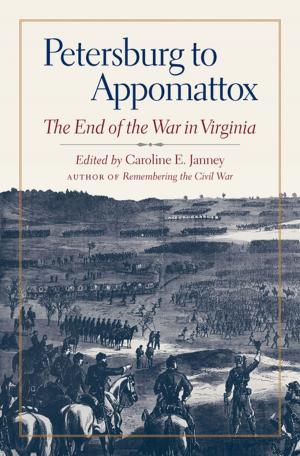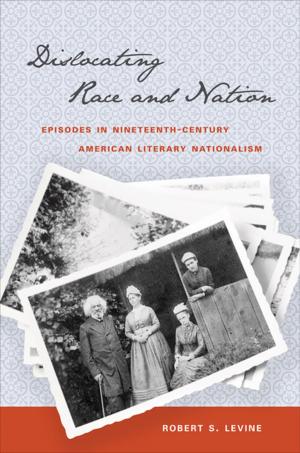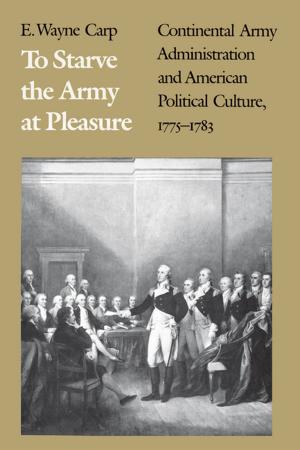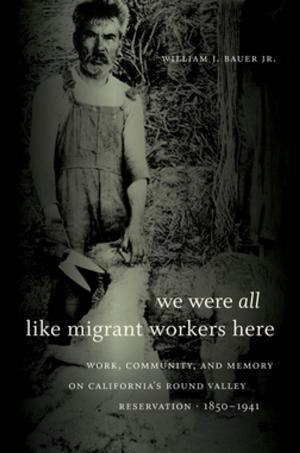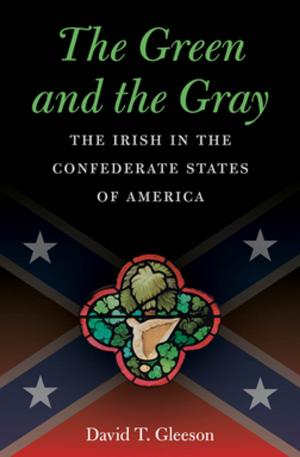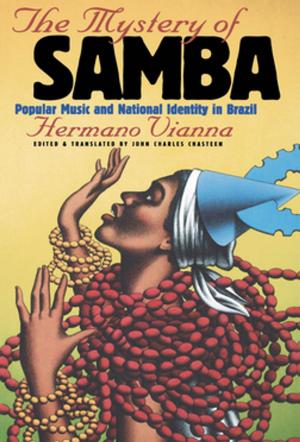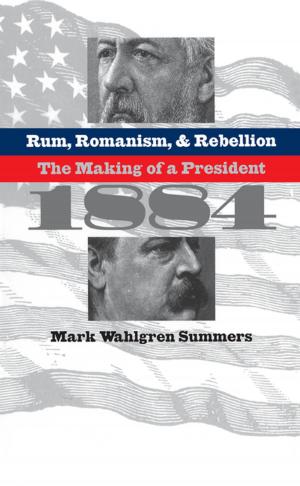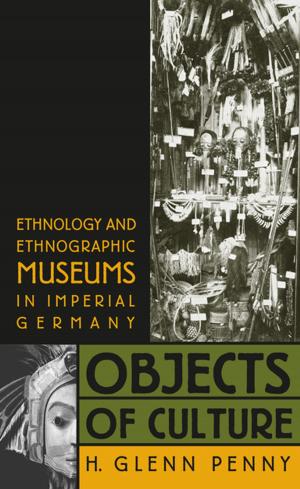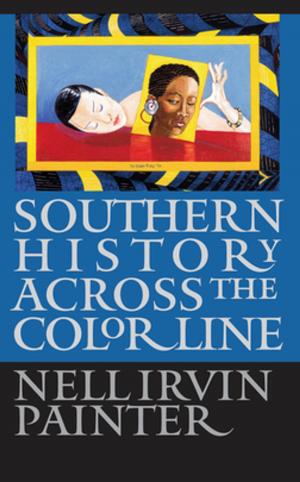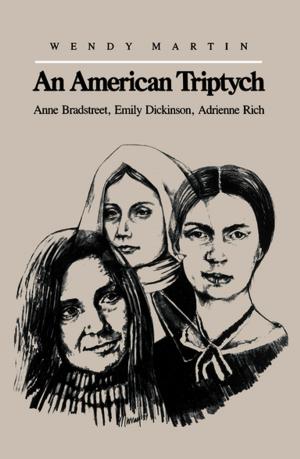Hurtin' Words
Debating Family Problems in the Twentieth-Century South
Nonfiction, Social & Cultural Studies, Social Science, Sociology, History, Americas, United States| Author: | Ted Ownby | ISBN: | 9781469647012 |
| Publisher: | The University of North Carolina Press | Publication: | October 31, 2018 |
| Imprint: | The University of North Carolina Press | Language: | English |
| Author: | Ted Ownby |
| ISBN: | 9781469647012 |
| Publisher: | The University of North Carolina Press |
| Publication: | October 31, 2018 |
| Imprint: | The University of North Carolina Press |
| Language: | English |
When Tammy Wynette sang "D-I-V-O-R-C-E," she famously said she "spelled out the hurtin' words" to spare her child the pain of family breakup. In this innovative work, Ted Ownby considers how a wide range of writers, thinkers, activists, and others defined family problems in the twentieth-century American South. Ownby shows that it was common for both African Americans and whites to discuss family life in terms of crisis, but they reached very different conclusions about causes and solutions. In the civil rights period, many embraced an ideal of Christian brotherhood as a way of transcending divisions. Opponents of civil rights denounced "brotherhoodism" as a movement that undercut parental and religious authority. Others, especially in the African American community, rejected the idea of family crisis altogether, working to redefine family adaptability as a source of strength. Rather than attempting to define the experience of an archetypal "southern family," Ownby looks broadly at contexts such as political and religious debates about divorce and family values, southern rock music, autobiographies, and more to reveal how people in the South used the concept of the family as a proxy for imagining a better future or happier past.
When Tammy Wynette sang "D-I-V-O-R-C-E," she famously said she "spelled out the hurtin' words" to spare her child the pain of family breakup. In this innovative work, Ted Ownby considers how a wide range of writers, thinkers, activists, and others defined family problems in the twentieth-century American South. Ownby shows that it was common for both African Americans and whites to discuss family life in terms of crisis, but they reached very different conclusions about causes and solutions. In the civil rights period, many embraced an ideal of Christian brotherhood as a way of transcending divisions. Opponents of civil rights denounced "brotherhoodism" as a movement that undercut parental and religious authority. Others, especially in the African American community, rejected the idea of family crisis altogether, working to redefine family adaptability as a source of strength. Rather than attempting to define the experience of an archetypal "southern family," Ownby looks broadly at contexts such as political and religious debates about divorce and family values, southern rock music, autobiographies, and more to reveal how people in the South used the concept of the family as a proxy for imagining a better future or happier past.

